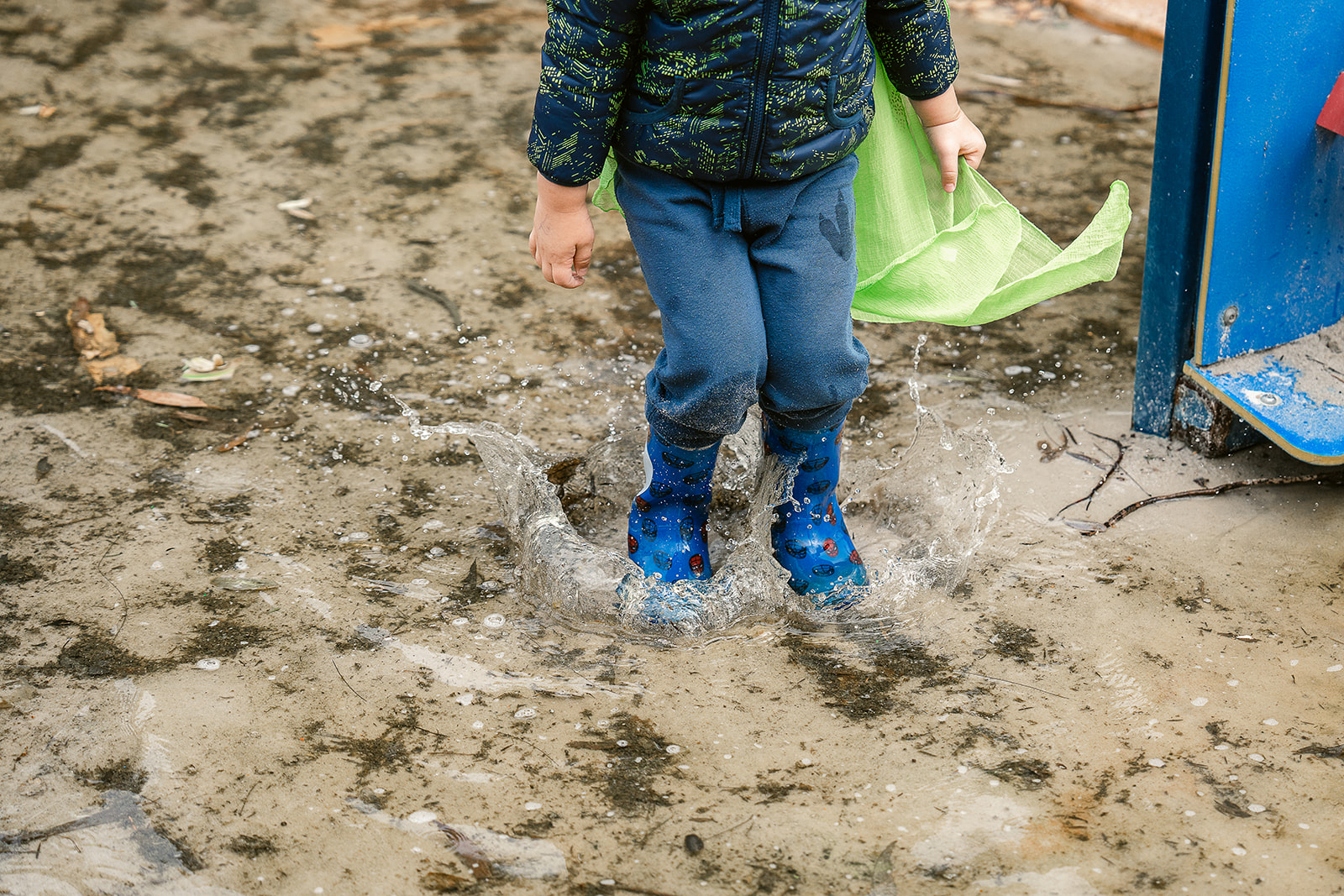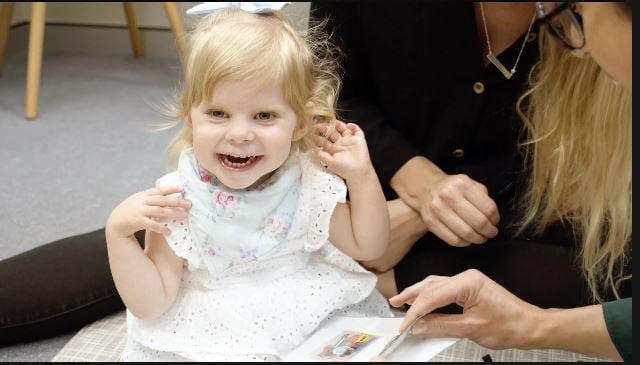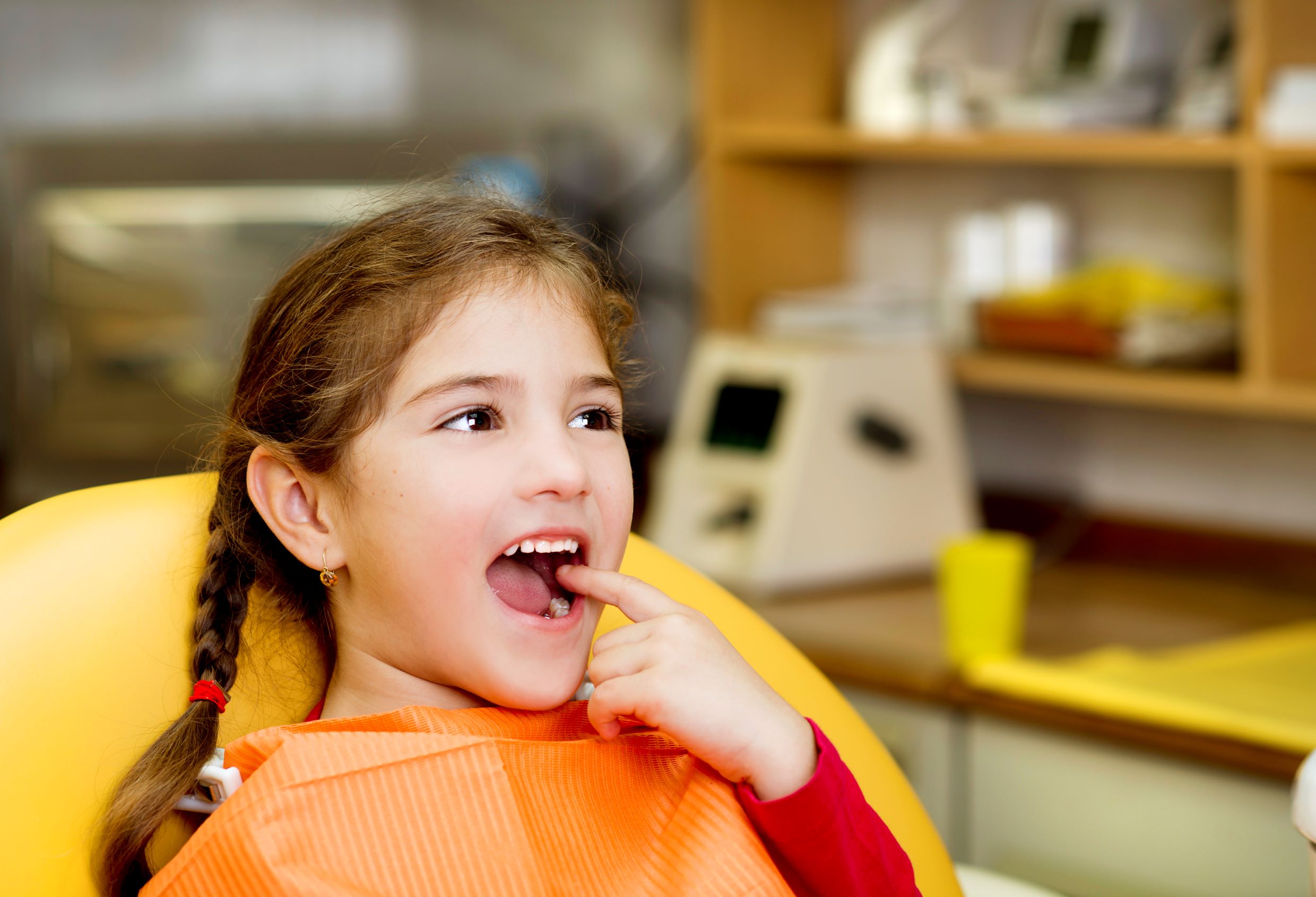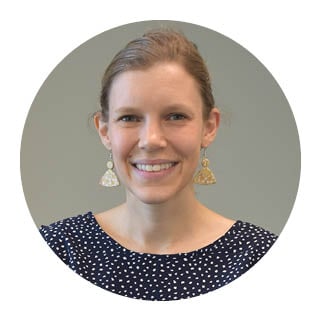Search

Interventions and explorations that focus on modifiable elements of the early life environment are being investigated, to assess and improve all aspects of physical and psychological wellbeing - both in childhood and in later life. These include nutrition, physical activity, time in nature, built environments, plastics and pollutants.

Examining the pathways of perinatal maternal mental health that influence child mental health and wellbeing outcomes.

Communicating with and Understanding your Baby

The Mums Minds Matter study is comparing three stress-reduction training programs across a custom-designed app that is working to increase long-term mental health skill application among perinatal women.

Strengths-based, tiered, accessible, resources and supports (STARS) for Kids for parent, carers and their children.

Tooth decay remains one of the most common diseases in young children. It can cause pain and infection and, if it remains untreated, can affect eating, speech, and sleep in children. Researchers are exploring the importance of early intervention and education for child dental health outcomes.

News & Events
WA Kids Cancer Centre researchers appointed to Brain Cancer Expert Advisory PanelDr Jessica Buck and Associate Professor Raelene Endersby have been appointed to the prestigious Australian Brain Cancer Mission Expert Advisory Panel.



